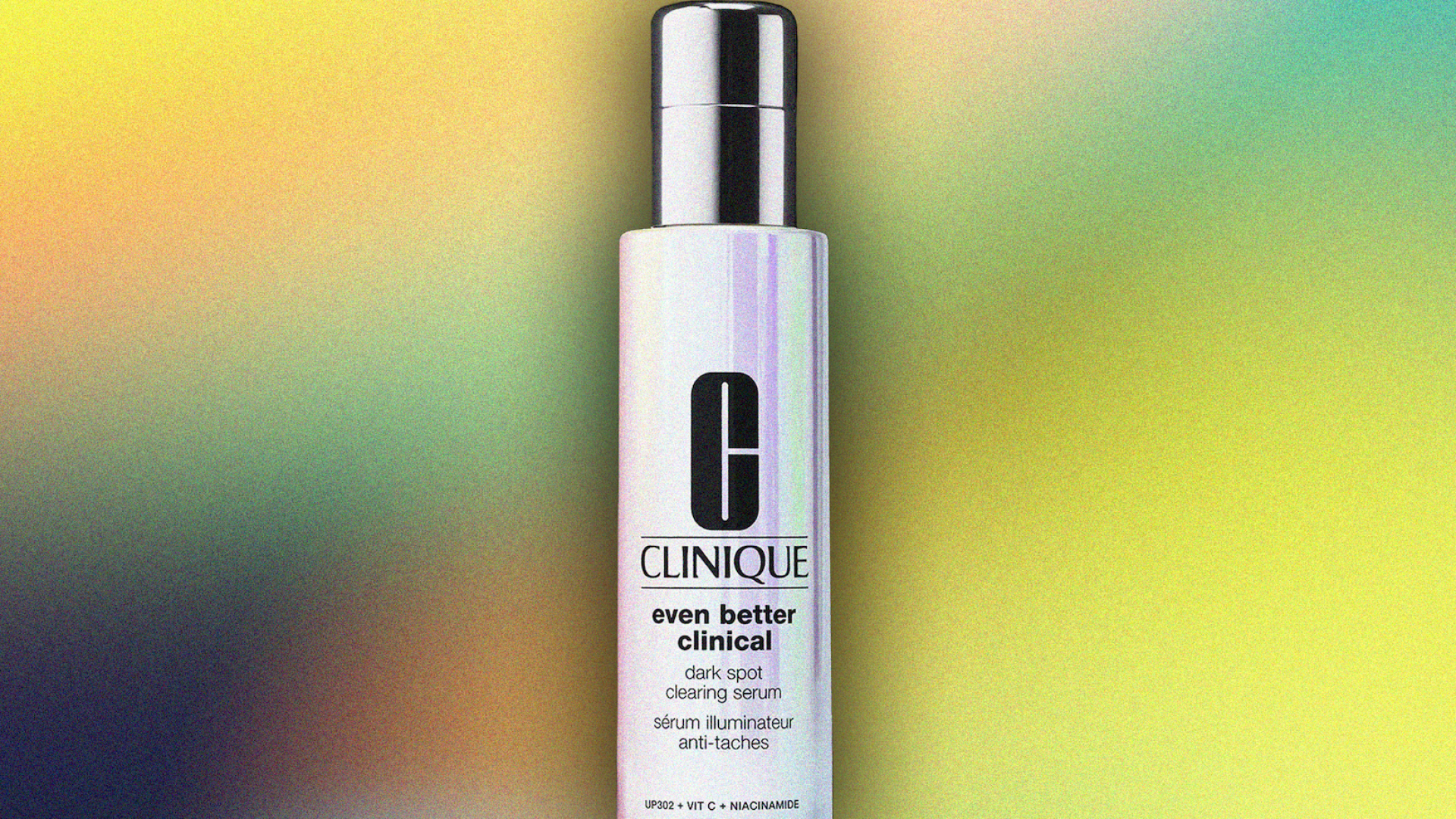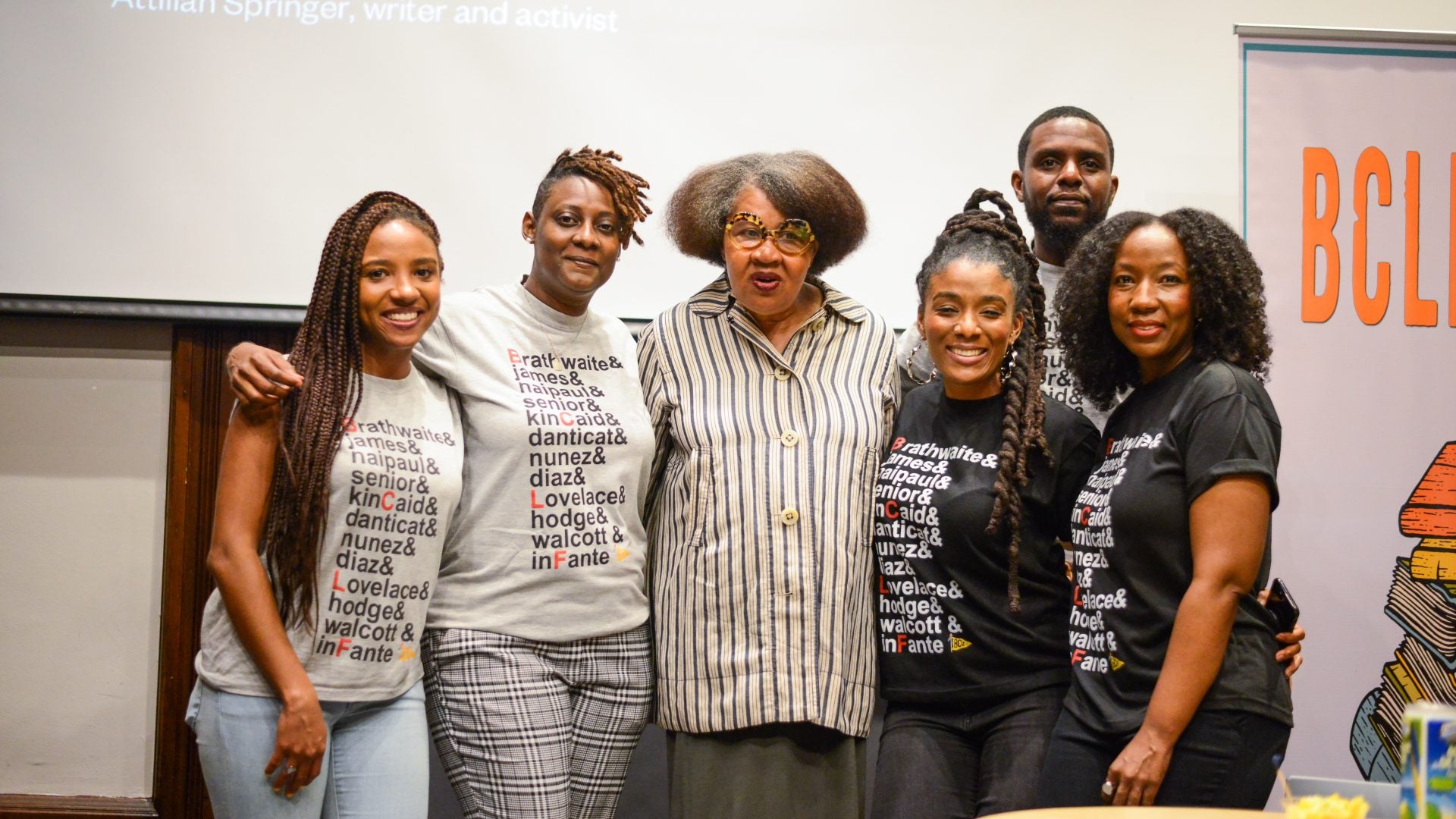
Often, when people think of Caribbean cultures, they envision music, food, and fashion. In addition to these aspects of the Caribbean, the founders of The Brooklyn Caribbean Literary Festival (BCLF) wanted to dedicate a platform to recognizing a cultural element that runs through all of them—stories.
The BCLF aims to uphold, enjoy and celebrate Caribbean storytelling and its writers both at home in the region and throughout the diaspora. This unique festival, which began in 2019, explores the rich depth of Caribbean culture and its centuries’-long tradition of storytelling.
BCLF provides a place for storytellers of Caribbean descent to share their own stories and write from the unique lens of that heritage. It has since brought together over 250 writers, publishers and creatives from a community that people have often considered “too small” to impact the literary world.
“We felt like Caribbean stories needed to be celebrated by Caribbean people and for Caribbean people because Caribbean stories have been underplayed, undervalued and underrepresented in the United States,”said Festival Founder and Director, Marsha Massiah-Aaron.
For the Trinidad native, now based in Brooklyn, New York’s second-largest borough was the ideal place for the festival because it’s the epicenter of the Caribbean diaspora.
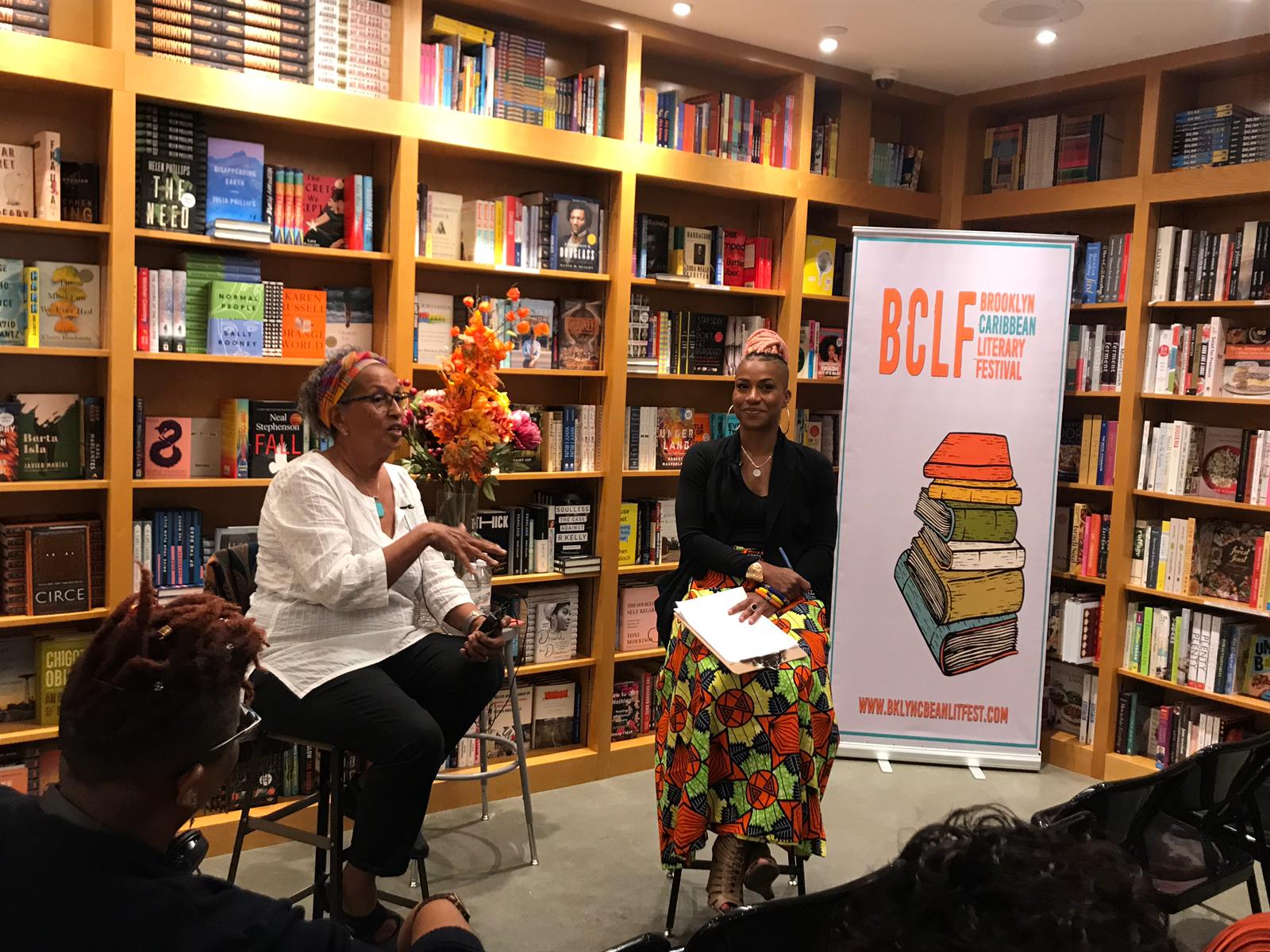
Brooklyn is home to the largest community of people of Caribbean ancestry outside the West Indies. For more than half a century this corner of the city has been a major Caribbean cultural and commercial hub in America. There is no doubt that Caribbean immigrants, whose steady move into this borough over the last six decades, have helped to shape and define it, creating for themselves a version of the islands they left behind in this city that now boasts a district aptly named Little Caribbean.
“There is a stellar lineup of Caribbean greats who have supported the United States development on many different levels–economically, politically, scientifically and more… But we have been under-celebrated in the realm of literature,” Massiah-Aaron told ESSENCE.
“We felt like we were just optimally positioned, optimally placed geographically and historically, to be the place where we started this movement that celebrates and centers Caribbean stories, not as antecedent, not as an ancillary, not as an afterthought, but to create this singular exclusive platform for Caribbean and Caribbean American writers,” she said.
After two years of virtual presentations, due to the COVID-19 pandemic, the 4th annual Brooklyn Caribbean Literary Festival returned to in-person programming from September 9 to 11 under the theme “We Outside!” Over the course of three days at various Brooklyn venues, including The Center For Fiction and The Rogers Garden, Caribbean writers and their works were promoted and celebrated.
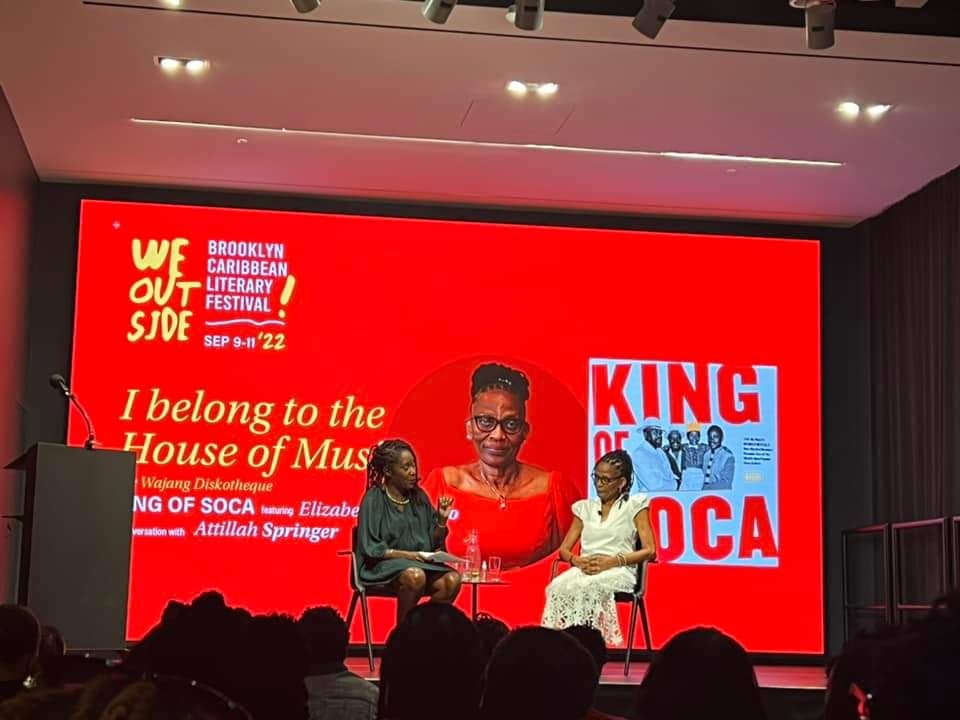
One of this year’s main attractions was the New York City book launch of “King of Soca—The Biography of Machel Montano.” The book, penned by the soca singer’s mother, Elizabeth ‘Lady’ Montano, chronicles the rise to fame of one of the genre’s biggest stars, as he celebrates 40 years in music, a story previously featured by ESSENCE.
“These are our celebrities and so we should act like that and understand the necessity for them to have this space and this platform,” Founding Partner and Festival Director, Mellany Paynter told ESSENCE. “I am really grateful,” she said.
Another highlight was The Laureates of the Caribbean program, which was an ode to the oral traditions of the Caribbean in a rum bar setting. The event featured a stellar roster of Caribbean literary talent including the likes of Adrian Augier, Urayoan Noel, Dahlma Llanos-Figueroa and Cheryl Boyce-Taylor at The Rogers Garden. The scene was something like this: sipping on something smooth, hearing the sounds of calypso and soca and then savoring the words of each poet as they spoke from Jamaican patois to Trinidadian and St.Lucian creole and much more.
The 2022 winners of the annual short story contest were also announced. The contest awards two prizes in the name of the Trinidadian-American writing giant and scholar, Dr. Elizabeth Nunez.
“I think I just want people to just understand the depth of talent that we have in the Caribbean. From year one, we wanted to dispel this notion that the Caribbean is just about carnival or wine and jam and have a good time,” said Paynter. “We wanted to show that there can be a serious side. But that serious side can still be fun through literary works,” she added.

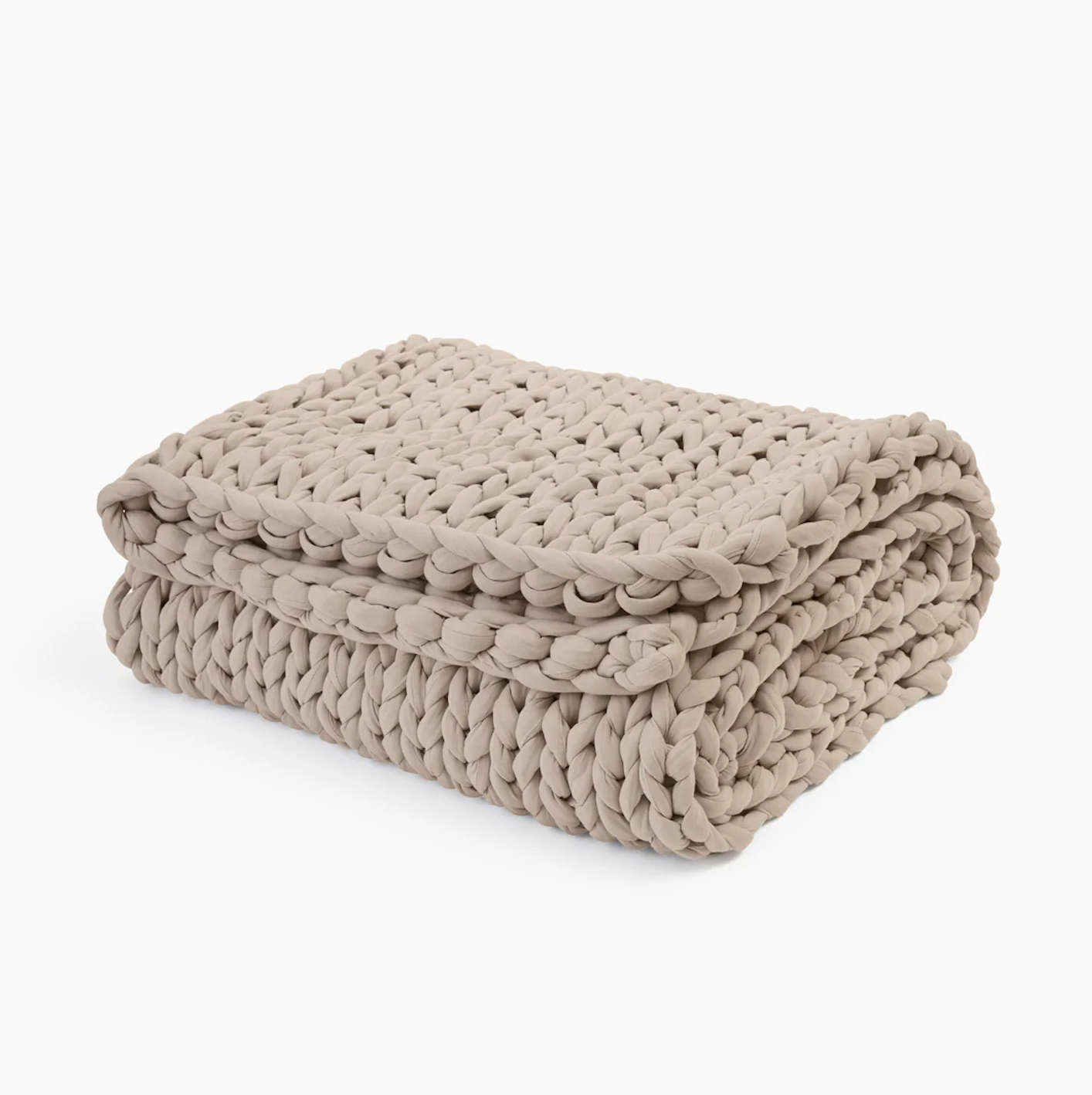
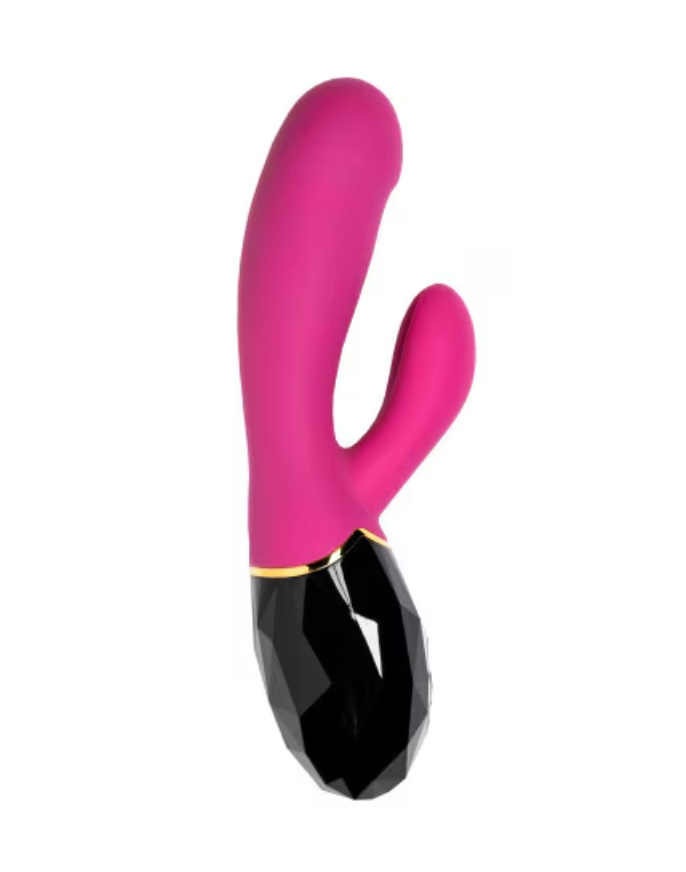

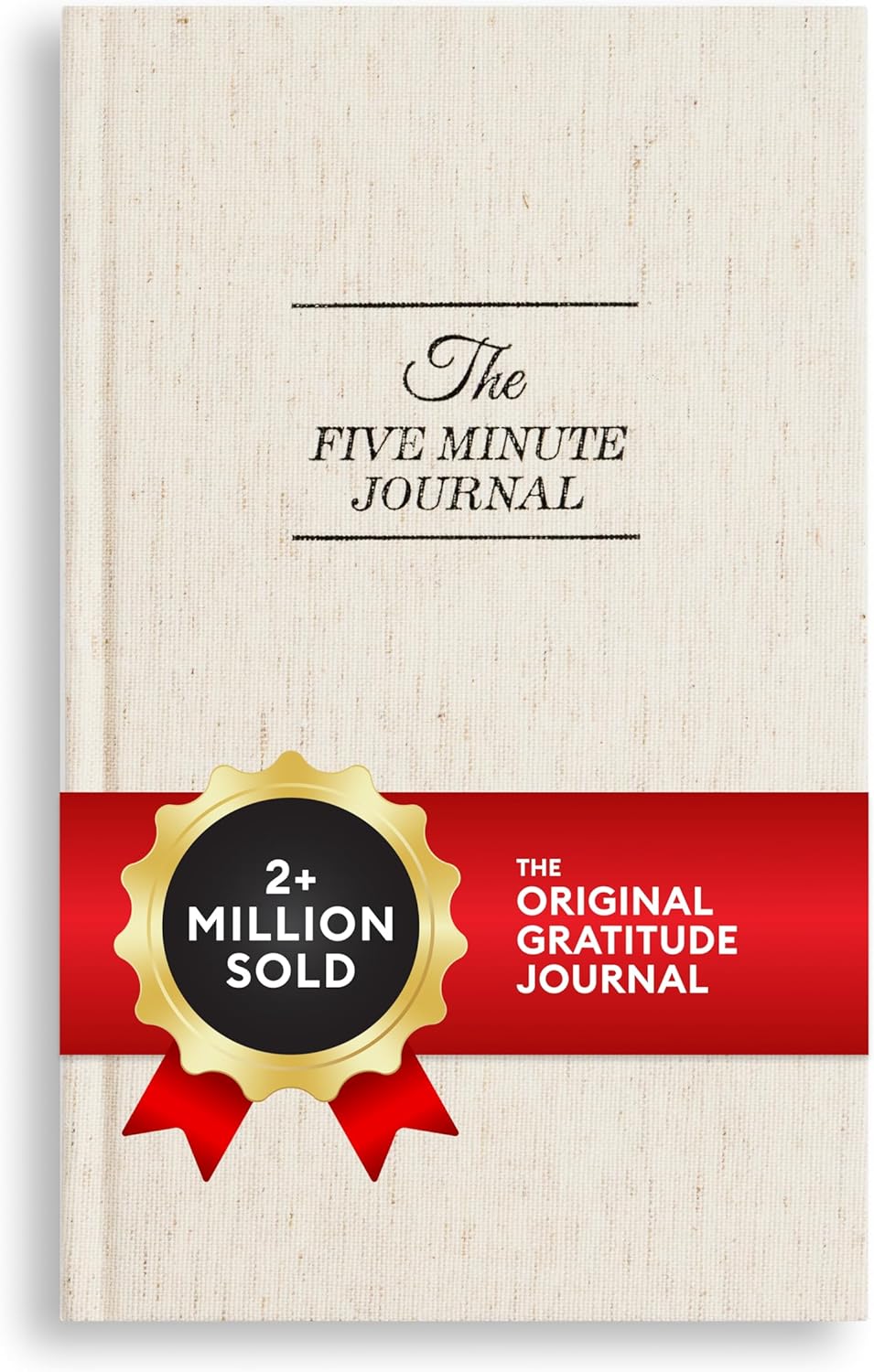


In addition to the annual festival, there is also year-round programming, including the Support Caribbean Writers Tour, as well as the Cocoa Pod and BCLF Always Lit podcasts. These initiatives support some of the organization’s goals, which include increasing visibility and promotion of Caribbean writers and to positively impact the community’s understanding of Caribbean culture and intellectualism through literary works.
“If you do not write and support your own stories, somebody else is going to write your story for you…If you want to do something for the culture, buy a book… We have writers and people who are born to do this work. But they can only do the work if it is supported,” said Massiah-Aaron.




